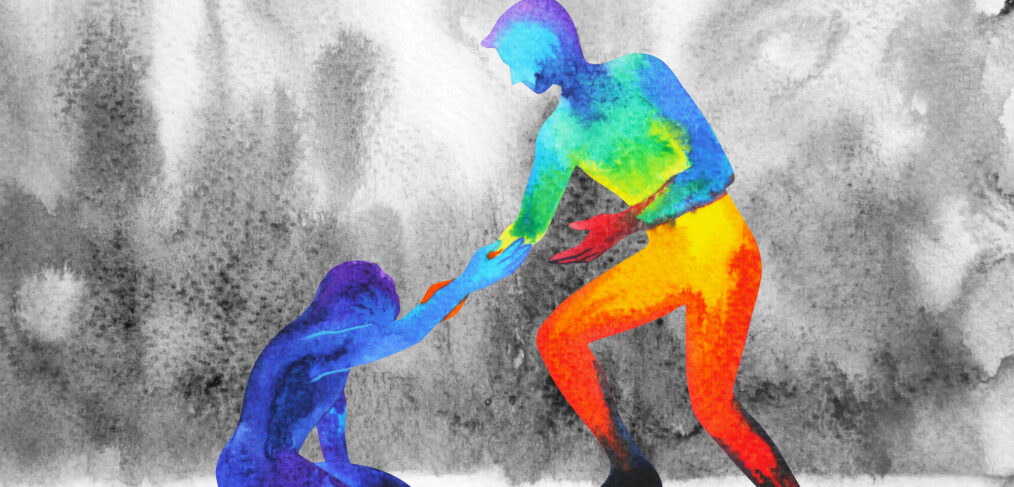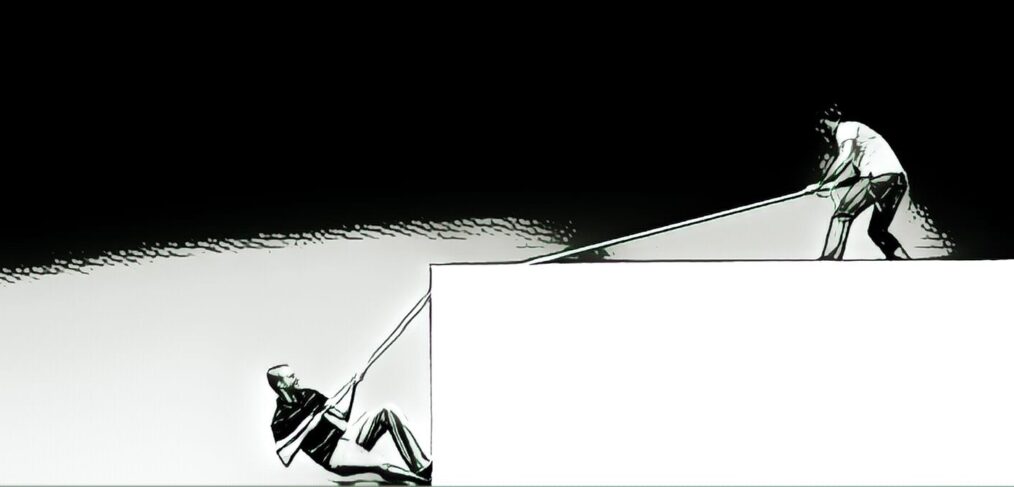I believe in heaven and hell. They are as good (heaven) and as bad (hell) as you might imagine. But to me, they are not places but part of the human condition. We create our own heaven and/or hell inside of us and in our lives. If you have a positive, meaningful life and have a good perspective on how good your life is, you reside in heaven. If you’re petty, narcissistic, and selfish, and you view your life as one of winning and losing, you are in hell. The good news is that you have a choice of where you reside. There are people who have a hard life full of tragedy and heartache that still reside in heaven because they are able to focus on the good parts of their lives and the people who love them. There are also people who have everything they could possibly want but only see the challenges in their lives. They are living in hell by choice.
I’ve seen a lot of examples of hypocrisy in recent years—people preaching about ideals then completely failing, in their words and actions, to live up to those ideals. Of course, none of us is perfect. Failing to live up to your vision for yourself and your life is not inherently hypocritical, and it’s good to have aspirational ideals—ideals you hope and plan to live up to. It’s entirely different to espouse an ideal and live your life completely contrary to it because it’s convenient or beneficial.
How can I live a normal, comfortable life with so much pain and suffering in the world?
It’s a good question. For some, it’s a source of constant guilt and anxiety. A better (healthier) question might be: Am I doing what I can to decrease the pain and suffering in the world while still leading a fulfilling, meaningful life? The truth is that your suffering doesn’t stop others from suffering, while your working to decrease suffering does. You also might feel you don’t have the right to be happy while there is so much suffering in the world. That, too, begs the question of impact. Will you being miserable make others less miserable? So, how can you reconcile your life with the state of the world?
My son is twenty-one, and I trust him completely.
Well, almost completely. He’s tried to pull some fast ones over the years, but on the whole, they’ve been very minor. I’d almost be worried if he hadn’t. All of us go through a process in our relationships of establishing how much we trust one another and how trustworthy we are. Part of that includes exploring the boundaries and finding the balance between words and actions that we perceive as beneficial to us (e.g., a child getting away with something) and those that build trust. In terms of trust in relationship with others, there are several ways to think about it. One is the component of trust in the parts of our lives that come with significant responsibilities, such as taking care of our children, as well as other aspects of our relationships and our professional duties. Another is our trust in others based on the strength of the relationship. This kind of trust depends on our experience with other people as well as how trustworthy we are. We can also think about trust as an attachment to a certain outcome—we trust something is going to happen. While this isn’t necessarily bad, we should guard against becoming too attached to a particular behavior or condition and stay open-minded as to what we might encounter on our path.
Each of us makes many choices every day. Some of them are commonplace (what will I have for breakfast?), while some are weighty (should I look for a new job?). All of our choices have consequences, some of which we know and take into account and some of which we’re unaware of or in denial about. It’s important that we understand why we make the choices we do (all of them) and the relationships between their potential consequences and our motivations. Our paths in life are driven by our motivations, and the clearer the pictures we have of what drives us down our paths, the better able we will be to sit squarely in the driver’s seat. It can be so easy to switch on cruise control and go wherever the road takes us based on what is visible through the windshield. But if we take the time to really understand where we want to go—what we want from life—and map out a route to take us there, we’ll be much more likely to make choices that are consistent with that path.





